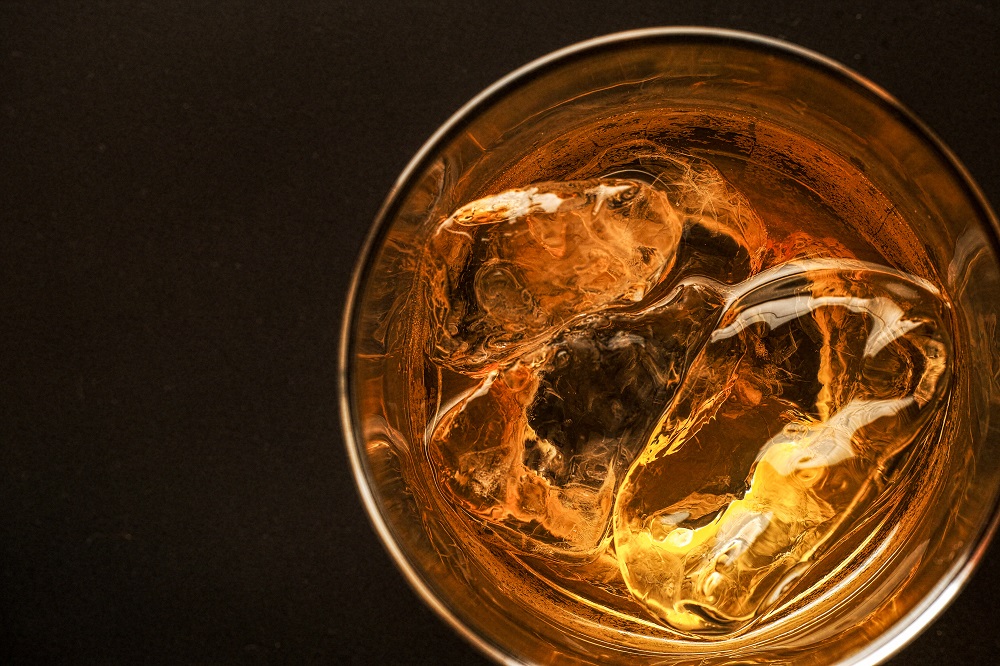Excessive alcohol use could result in decreased bone formation among people suffering from HIV, a new study suggests, as published in the journal Alcoholism: Clinical and Experimental Research.
Heavy alcohol drinking is known to induce health problems, such as neuropsychiatric diseases, diabetes, cardiovascular disease, among other conditions. But now, a team of researchers at Boston University’s School of Public Health finds that drinking excessively was correlated with lower levels of a protein vital for bone formation.
The study focused on the data of 198 participants who took part in the Boston ARCH cohort, comprised of HIV-infected adults who have a history of alcohol or drug use. The average age was 50, almost all received antiretroviral medications, and the median drinking frequency was nearly 2 each day. The cohort was funded by the National Institute on Alcohol Abuse and Alcoholism.
The primary aim for the team was to identify any link between alcohol consumption and bone turnover markers (BTMs). Blood samples gathered from the participants were examined to spot biomarkers linked to bone metabolism and alcohol use. Age range, ethnicity, medications, and HIV viral suppression were all taken into account during their analysis of the participants.
Among the participants, researchers noticed a considerable correlation between alcohol consumption and a marker of bone formation known as serum procollagen type 1 N-terminal propeptide (P1NP).
In the findings, researchers stated that for each additional drink per day, levels of P1NP decreased by 1.09ng/mL. A healthy range would be anywhere from 13.7 to 42.4 ng/mL.
“Our finding highlights an under-recognized circumstance in which people with HIV infection often find themselves: Their viral load can be well controlled by efficacious, now easier-to-take medications, while other health conditions and risks that commonly co-occur—like substance use and other medical conditions—are less well-addressed,” researchers stated in the findings.
“We did not find an amount of alcohol consumption that appeared ‘safe’ for bone metabolism.”


